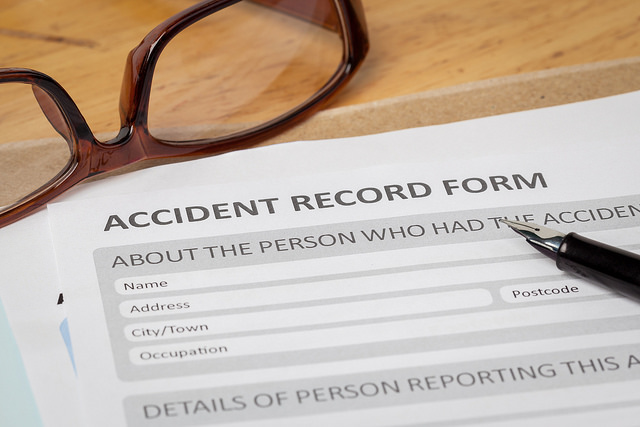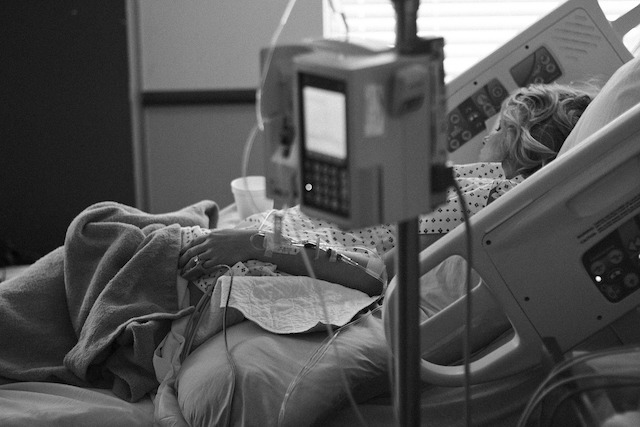
Until you’re injured in an accident, many of us remain in the dark regarding a wide variety of rules, regulations, and legal terminology involved in litigation processes. It’s important to keep up with the latest news with regards to personal injury in New York City. Whether you’ve been in a car accident, a slip-and-fall, or you have been deemed a financially irresponsible motorist and live or work near Staten Island, it’s best to consult with a car accident lawyer, Staten Island.
Know Your Rights
Attorneys at KLaw want you to know how to protect yourself in the event you’re a victim or a plaintiff in a personal injury lawsuit. News related to personal injury in NYC, like car accidents, or even dog bite incidents, help keep consumers updated and familiar with recent cases and their outcomes.
Understanding just a few basic terms in regard to legal terminology is also important for anyone seeking the services of a lawyer. For example, do you know what an adjuster does, or are you familiar with Regulation 68, which defines New York State rules and regulations governing no-fault coverage? Did you know that you may be eligible to claim up to $2,000 a month for three years following the date of an accident for work loss? Such issues are just a few of the things that car accident attorneys on Staten Island want you and your loved ones to know.
Types of Personal Injury Claims
Personal injury claims run the gamut from dog bites to car accidents to slip-and-fall cases, and from medical malpractice claims to defamation (libel and slander), assault and battery and more. Attorneys with experience in personal injury laws will know statutory rules, regulations and laws not only in New York City but the whole state. They’ll know which forms you need to fill out depending on the type of injury – from complaints to liability waivers to wrongful death.
Compensation for injuries caused by another person’s negligence in New York entitles victims to recover certain damages including property damage, loss of earnings capacity, reasonable medical expenses, pain and suffering, and even damage to marital relationships. Visit KLaw Attorneys at Law for more information and please share this news with friends, family, and acquaintances.



